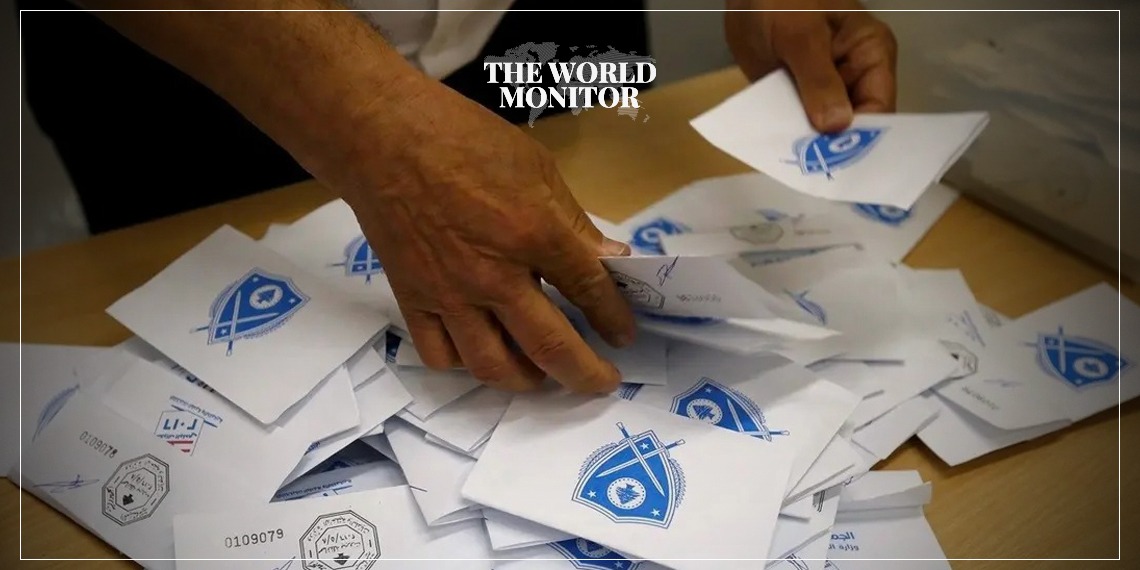Lebanon’s parliament has once again postponed municipal elections, marking the third delay in two years, as per state media reports. This decision comes amidst ongoing clashes between militants in the country’s south and Israeli forces, which have persisted for over six months.
The Iran-backed Hezbollah group has been engaged in near-daily exchanges of fire with Israeli forces across the border since October 7, following a deadly attack by its Palestinian ally Hamas on Israel. These clashes have escalated tensions in the region, leading to the postponement of local elections.
The parliament approved a bill extending the mandate of existing municipal and elective councils until a date no later than May 31, 2025. This move faced opposition from lawmakers who are against Hezbollah. The reasons cited for the delay include the complex security, military, and political circumstances arising from Israeli aggression, particularly in southern Lebanon near the border.
The postponement further exacerbates Lebanon’s political and economic challenges. With the economy in collapse since late 2019, the role of local councils in providing basic services has become increasingly crucial. However, the prolonged crisis has left the state financially crippled, diminishing its ability to address the needs of its citizens.
The situation is compounded by the displacement of over 92,000 people in Lebanon due to the violence, along with tens of thousands of residents from Israeli communities across the border. The toll of the clashes has been significant, with at least 380 people killed in Lebanon, including 72 civilians, and casualties reported on the Israeli side as well.
Lebanon’s political landscape remains fraught with challenges, characterized by a leadership vacuum and a caretaker government with limited powers amid deadlock among political factions.






